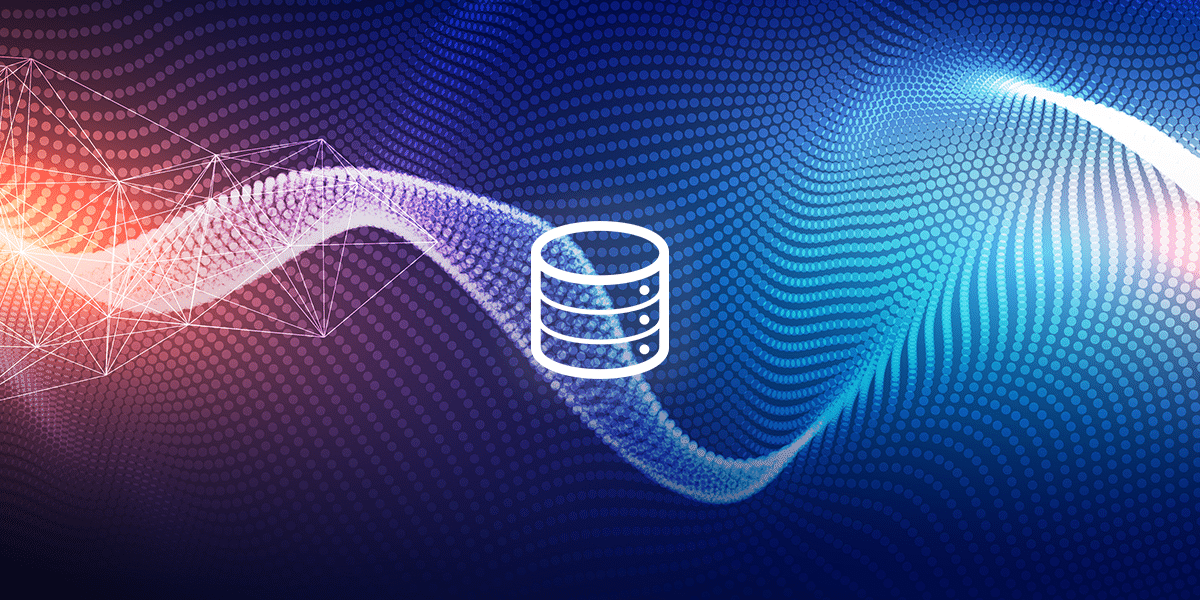Can NoSQL database be transactional? NoSQL databases started gaining traction and interest around 2006, making them 15 years old. When they started, they could not serve as a transactional database. That meant looking to relational databases anytime you needed transactional DB resources.
But like all technology, NoSQL is ever-evolving and building out new use cases. Some NoSQL databases can now serve as transactional databases but be careful when selecting one as not all include these features.
Get insights into what a transactional database is, changes to NoSQL databases to allow for transactions, and the options available to you when building out transactional applications.
What Is a Transactional Database?
The average technology user probably thinks little about how they can perform simple tasks.

The data that a transactional database manages could be preferences, purchase data, or even information like a social media post.
Transactional DBs generally have these three key features.
- Data accuracy: transactional DBs are generally ACID compliant (this stands for atomicity, consistency, isolation, and durability). That means that they can preserve large volumes of data accuracy in real-time. Historically, ACID compliance is one place where NoSQL databases have struggled. But new developments are helping overcome this to the point where some NoSQL databases can be ACID compliant.
- Data durability: Transactional databases ensure the durability of the data and in case of any failure/crash the DB can recover the data and brings the database back to the normal state. This is very critical when it comes to dealing with financial, accounting, (etc.) data.
- Flexible: users can edit data without touching other areas of other critical data sets. You can edit data without harming the system’s architecture. Users can easily pull transactional history even when data is housed in a limited context. NoSQL databases are far more flexible than relational databases, so this is not a challenge for this technology.
- Speed: complete transactions in milliseconds with a transactional database. Speed should not be an issue when using one of these databases as you should be able to create queries and write data at incredible speeds. Speed is one of the greatest strengths of NoSQL databases, so it’s no surprise that these databases can meet this need.
Ultimately, overcoming the ACID compliance need is the greatest hurdle for making NoSQL databases serve as transactional databases.
Up until recently, the best transactional databases were relational databases, including SQLite, Oracle, MySQL, and Microsoft Access. But now let’s look into how NoSQL is changing to meet these needs for real-time data integrity and accuracy.

Without ACID transactions in NoSQL databases, many applications used SQL databases and NoSQL side-by-side. The transactional data went to the SQL database and high-volume data where data loss was acceptable went to the NoSQL database.
And while this workaround ensured the application could capture all data, it made for challenging sharding requirements between the two databases. Plus, building out these applications took far longer than development teams wanted.
As NoSQL databases improve, data consistency is allowing it to be transactional. In BangDB, all single API calls are ACID, allowing it to serve as a transactional database.
Options Available for NoSQL Transactional DBS
When evaluating NoSQL transactional DBs, you want to primarily look for ACID compliance. Several NoSQL databases now handle ACID compliance. We’ll explain which ones to help you in finding the best transactional DB for your application.
1. MongoDB
This open-source database powers many web and mobile applications. It allows for single-shard transactions with ACID guarantees. The system does support multi-document ACID transactions. According to MongoDB, its transactions have four limitations.
2. RavenDB
RavenDB was the first to offer a NoSQL database with ACIDicity across entire clusters. While transactions are distributed, they are still ACID compliant. It uses a custom-built storage engine that it calls Voron. It rolls all calls into one package to simplify the ACID transaction process to ensure performance.




